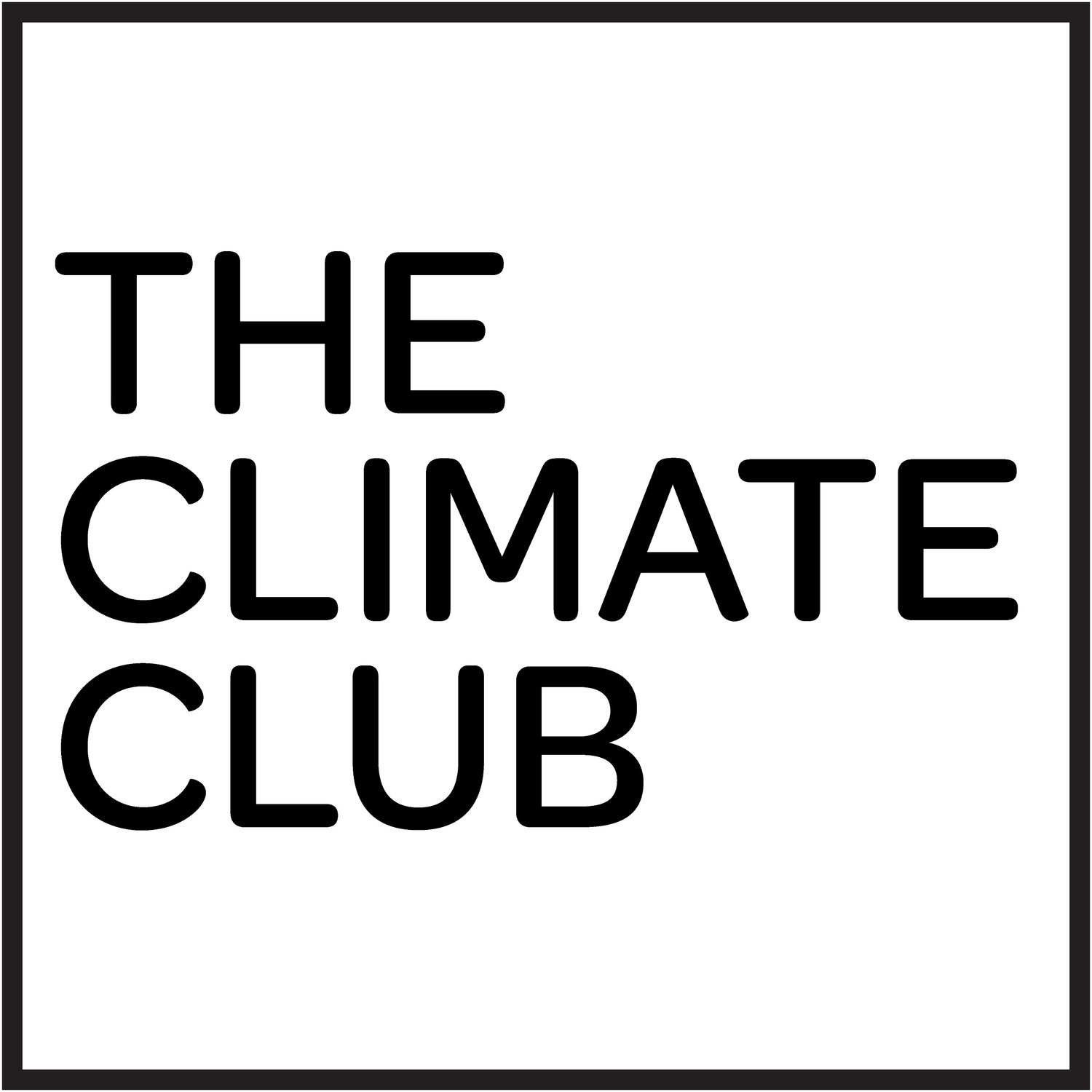Air Pollution and Lung Cancer
“Tobacco smoking is the greatest cause of lung cancer and is associated with 80-90% of all lung cancer deaths in the US.”
On September 10th 2022, researchers at The Francis Crick Institute discussed their research from the TRACERx Lung Study on how air pollution can cause lung cancer at the European Society for Medical Oncology (ESMO) Congress. But why is this a significant stride in both cancer research, and climate change and health?
Basics of Cancer
Cancer is caused by changes, or mutations, to our DNA. It can be defined as “a disease in which some of the body’s cells grow uncontrollably and spread to other parts of the body.” DNA mutations can occur due to problems when cells divide, mutations that were inherited genetically, or when the DNA becomes damaged. The latter can be caused by both humans and the environment, including tobacco smoking and ultraviolet radiation from the Sun. These DNA mutations can have various effects: they can cause cells to produce excess proteins that result in increased cell division, or contrastingly cease producing proteins that would normally stop cells from dividing (thereby also increasing cell division).
The body has a system to try to repair this damaged DNA. When cells become old or damaged, they die and are replaced by new healthy cells to help maintain bodily functions. However, if the damaged cells are dividing too quickly, they can continue to accrue more mutations and become less likely to fix the damaged DNA. These damaged cells can then continue to divide uncontrollably.
As we get older, cancer-causing mutations tend to build up in cells, but these are usually inactive and therefore do not cause cancer themselves. To further complicate things, evidence suggests that many cancers are associated with several mutations, and not just one, and that there is an interaction between genes and environment as well.
Lung Cancer
In 2020, lung cancer was the second most common cancer worldwide, with 2.2 million cases, and the most common cause of cancer deaths worldwide, causing 1.8 million deaths. Lung cancer can be divided into two broad categories: small cell lung cancer (10-15% of lung cancers), and non-small cell lung cancer (80-85% of lung cancers), with other types of lung cancers forming the remainder.
Tobacco smoking is the greatest cause of lung cancer and is associated with 80-90% of all lung cancer deaths in the US. Air pollution also increases the risk of lung cancer, and causes approximately 10% of lung cancer cases in the UK. However, while the mechanism of tobacco smoking directly causing DNA mutations and consequently lung cancer is well documented, it has previously been unclear why air pollution causes lung cancer.
Air Pollution
At the recent ESMO congress, researchers from the Francis Crick Institute announced their theory of air pollution and non-small cell lung cancer in individuals who have never smoked. They suggest that microscopic air pollutants, also described as particulate matter which is 2.5 microns in diameter (PM2.5), cause inflammation in the lungs, which awakens the inactive cancer-causing mutations that have built up in lung cells as we grow older. Together, this has been demonstrated in humans and mice to stimulate uncontrolled cell division, resulting in lung cancer. They also found that when a molecule known as interleukin-1ß (IL-1ß) - which is produced in response to PM2.5 and causes lung inflammation - is blocked, the mice did not develop lung cancer. However, an important caveat to this is that the researchers investigated lung cancer caused by a specific mutation (in epidermal growth factor receptor). Nevertheless, this may prove a significant step in molecular cancer prevention, emphasising the possibility of IL-1ß blockers reducing the risk of lung cancer cases and deaths.
Given that 99% of the global population breathe polluted air, this research provides a milestone in understanding the inseparable relationship between climate change and health, and the importance of tackling climate change in promoting human health and wellbeing.

